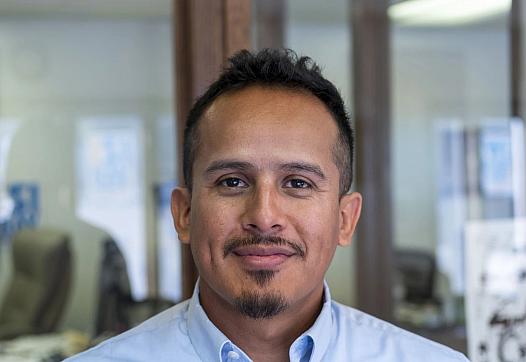
Amner Martinez still doesn’t really know all the details from when his 74-year-old father Concepcion got really sick with COVID-19 near the beginning of the pandemic.

Amner Martinez still doesn’t really know all the details from when his 74-year-old father Concepcion got really sick with COVID-19 near the beginning of the pandemic.
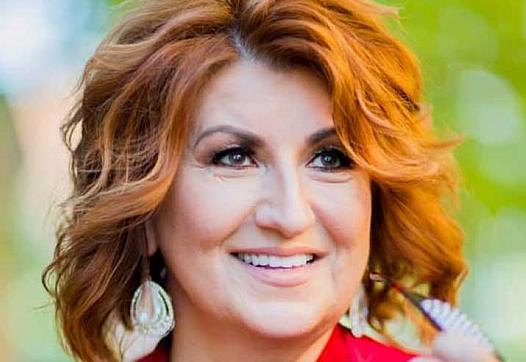
Maiya Ossipova was a divorced woman in her early forties with three kids when she met her future American husband on a dating website.
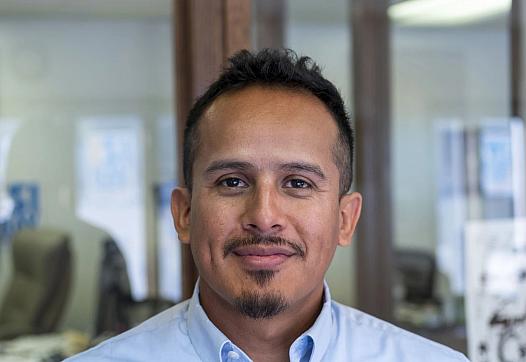
This project was produced as part of the 2021 National Fellowship with USC Annenberg Center for Health Journalism.
Other stories by Natalie Krebs include:
COVID struck the nation's meatpacking plants more than a year ago. But worker safety is still a contentious issue
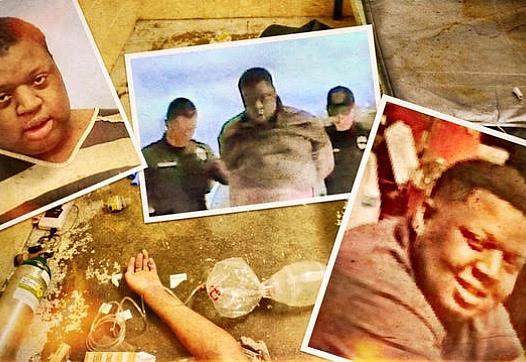
In Texas, those charged with crimes and found mentally incompetent are entitled to treatment at a state hospital before returning to jail and standing trial. The failing system waitlists hundreds. Sometimes they die sooner than receiving treatment.
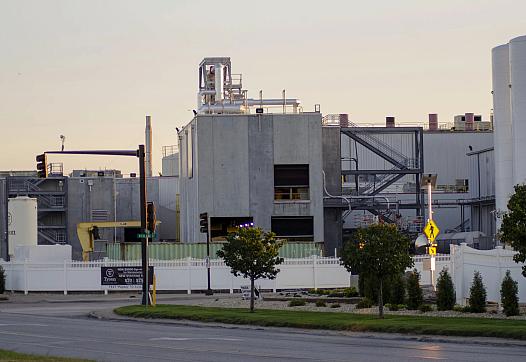
This project was produced as part of the 2021 National Fellowship with USC Annenberg Center for Health Journalism.
Other stories by Natalie Krebs include:

"There used to be a time when license plates had numbers on it for each county based on population and Pulaski County was one and Jefferson County and Mississippi County were two and three."
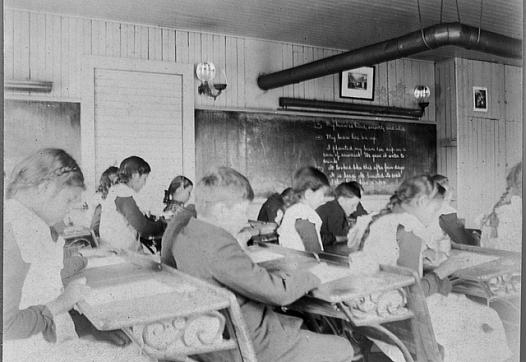
This story was published in partnership with Mother Jones and The Fuller Project. Support for this reporting was provided by the USC Annenberg School of Communications and Journalism National Health Journalism Fellowship.
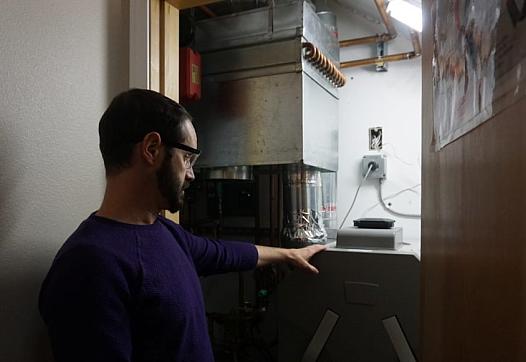
Home designs imported to the Arctic from elsewhere are contributing to health problems that disproportionately affect Alaska Natives.
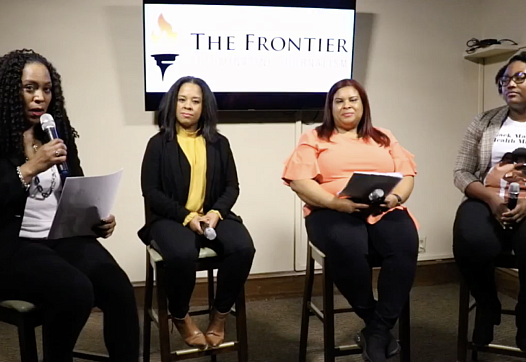
Black Oklahomans are 50% more likely than white Oklahomans to die from maternity-related complications. Black babies in Oklahoma are almost 2.5 times more likely than white babies to die before their first birthday.

Faced with daunting gaps in water and sewer systems, some Alaska Native communities are thinking small.